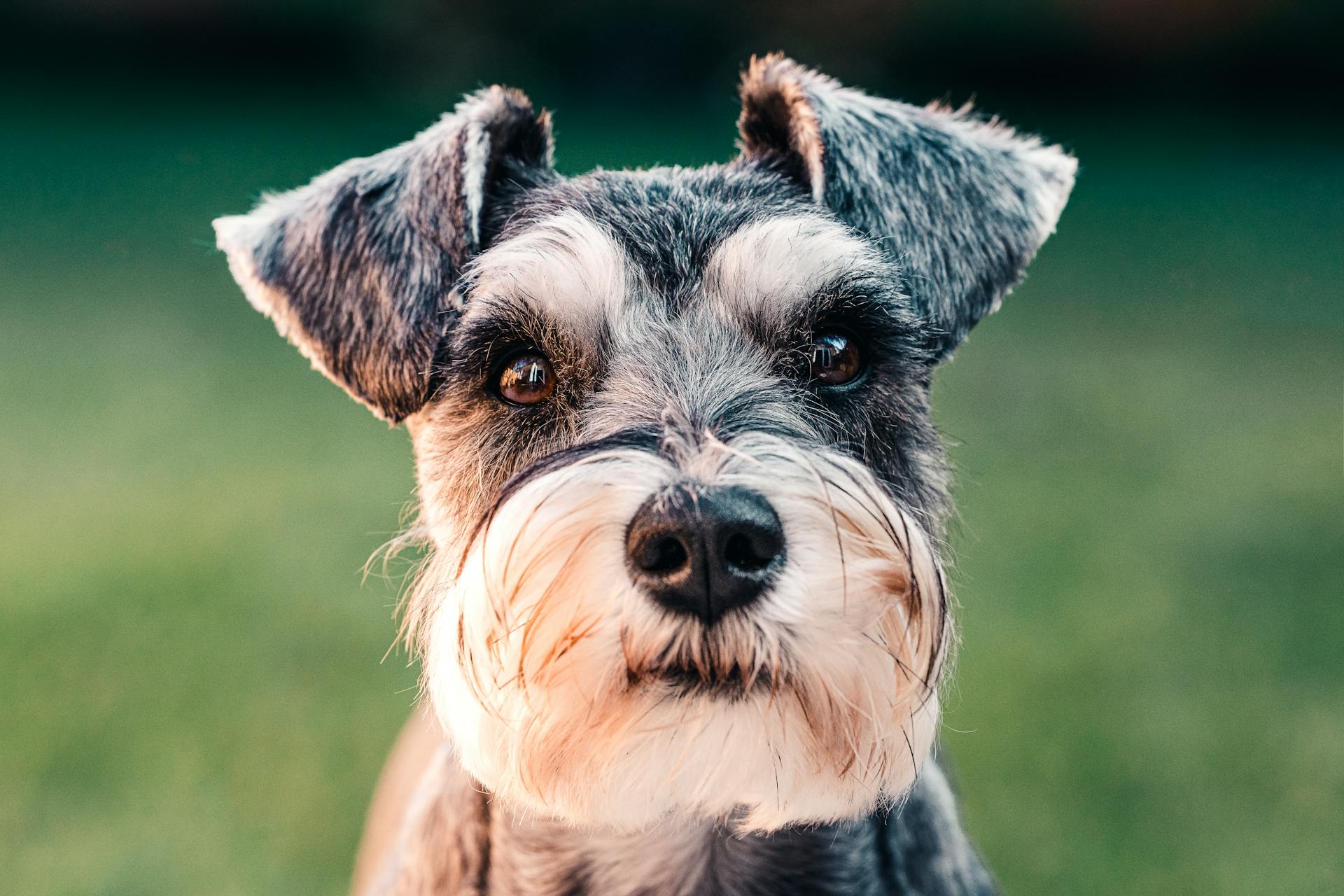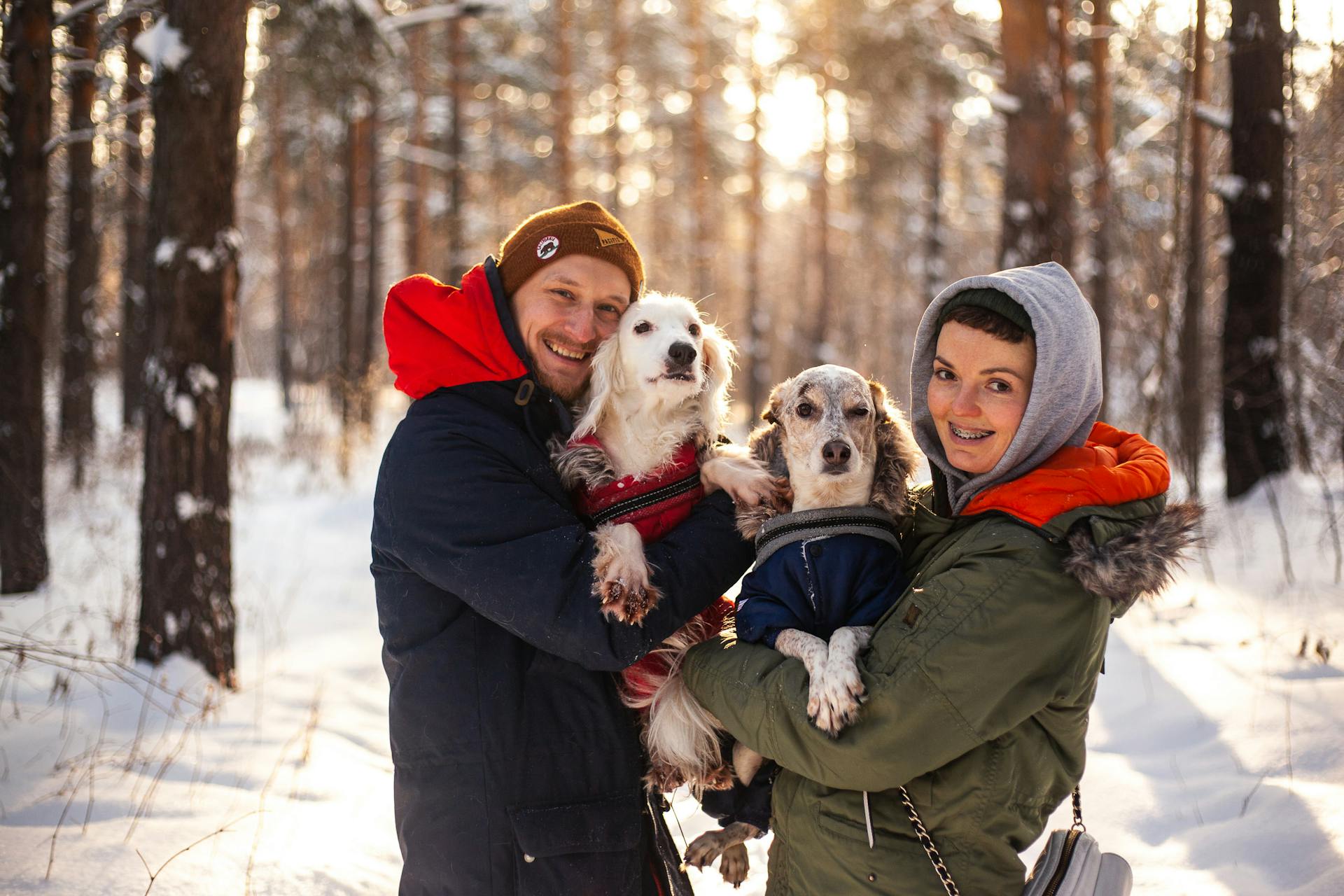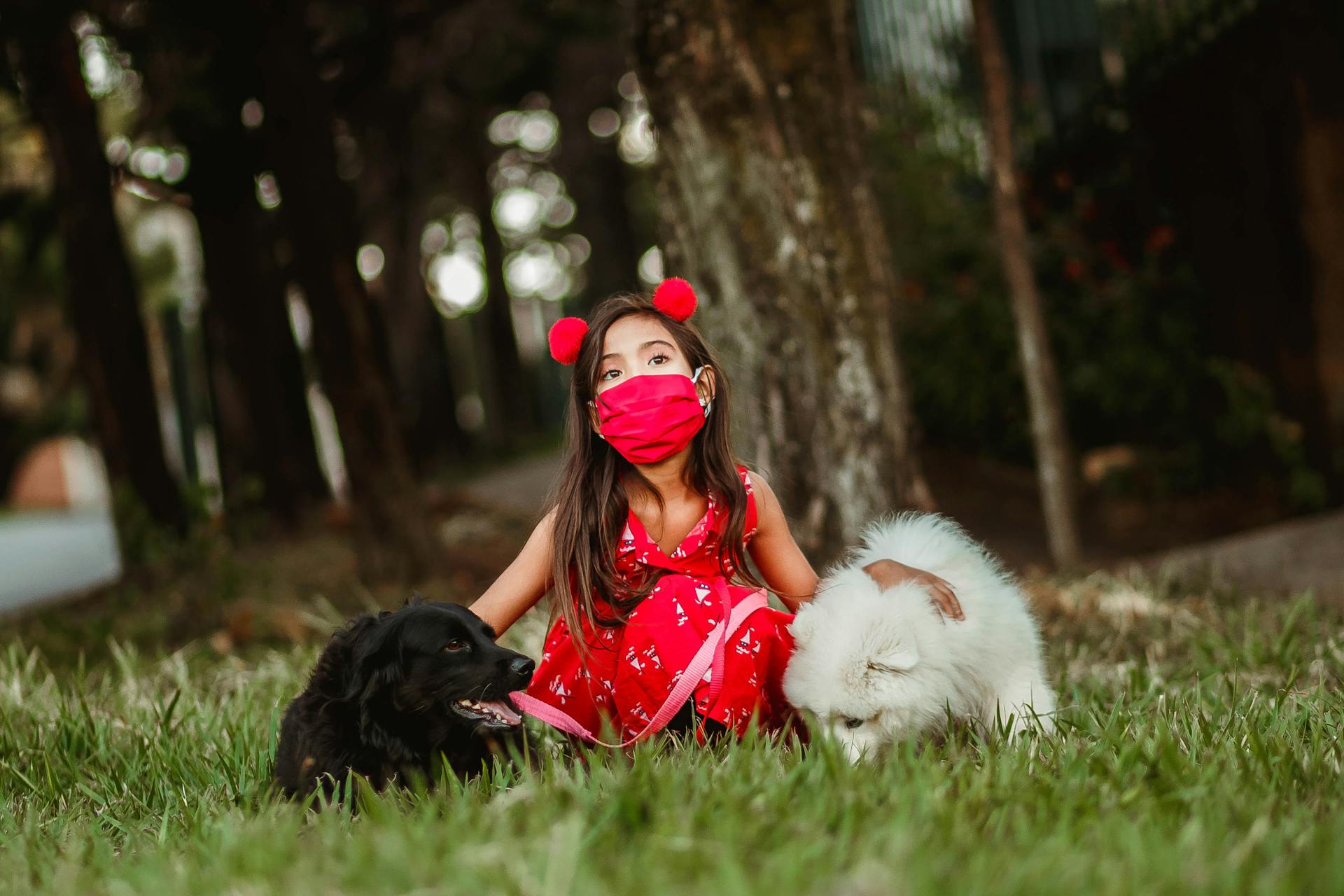
Becoming a wildlife veterinarian is an incredibly rewarding profession that allows you to help animals of various species in their respective habitats. It is important, however, that those wanting to become a wildlife vet have the appropriate experience and skill set in order to succeed. Here are several tips for becoming a wildlife veterinarian:
First and foremost, excellent academic training is required. A four year Doctor of Veterinary Medicine (DVM) degree must be obtained from an accredited university program. If you are planning to specialize in medicine focused on wild animal health, seek out specialized courses dealing with terrestrial and/or aquatic animal species and diseases particular to wild animals. It may also be necessary to attend a one year residency program following completion of the DVM degree depending on the desired area of specialization.
Gaining experience working with both wild and domestic animals will provide valuable real-world experience in preparation for becoming a wildlife veterinarian. Volunteer at animal care centers or intern with local veterinarians who specialize in exotic and wild species to gain hands-on experience working with different kinds of animals. Understand the responsibilities that come with owning exotic pets as well; many common pet issues can also occur when dealing with wild species - just on a grander scale.
Take advantage of any opportunity you may have to attend seminars or conferences focusing on wildlife sciences or veterinary medicine previously discussed through studies in school and reinforce knowledge or gain new information about the subject matter. Additionally, keep informed about zoological parks, institutions seeking research volunteers, nearby state parks actively engaged in conservation measures, along with other local opportunities where passion can be put into practice.
With proper academic preparation and hands-on experience gained through volunteering or internships, individuals can look forward to taking the big step towards becoming an official wildlife veterinarian soon after earning their DVM degree.
Broaden your view: The Year of the Puppy How Dogs Become Themselves
What qualifications do I need to become a wildlife veterinarian?
Becoming a wildlife veterinarian requires a great deal of knowledge and experience. This is a specialized field, so it’s essential for aspiring veterinarians to have extensive education, training, and skills in order to provide the best care for animals.
First and foremost, a wildlife veterinarian must have a degree qualifying them as a practicing veterinarian. This typically requires the completion of an accredited Doctor of Veterinary Medicine degree program prepared with clinical and practical experience in both small animal medicine and surgery as well as research and clinical pathology. Before accepting any major professional roles, they must also pass the necessary licensing exams in the state they plan to practice in.
In addition to comprehensive veterinary knowledge, wildlife veterinarians must understand how species interact with their natural environment and be skilled in ecologic principles, including applying it to wildlife management and conservation through techniques such as using animal tracking technology. They should also possess strong communication skills since they often work directly with landowners or farmers about the proper management of animal populations. Moreover, excellent organizational skills along with conducting research on emerging diseases or pathology are important aspects of any successful professional wildlife veterinarian career which means having knowledge or experience from epidemiology courses is recommended.
All in all, becoming a seasoned wildlife veterinarian requires dedication to learning best practices for treating exotic animals in humane ways, gaining advanced education knowledge base,completing license examinations; being informed on ecological principles pertinent to management of animal populations; having communication skills; learning disease patterns from epidemiology; sustaining structure/organization resources and continuing learning on developments regarding wild life health etc._
For more insights, see: Colorado Parks and Wildlife Wolf Reintroduction
What are the job duties of a wildlife veterinarian?
Wildlife veterinary medicine is a specialized field that demands a broad base of knowledge and skillsets. As a wildlife veterinarian, you’ll have the unique but challenging task of providing medical care to animals of all sizes, shapes, and endangered species status. It’s an incredible job with huge responsibilities—but one that comes with even greater rewards!
The primary duties of a wildlife veterinarian include providing medical treatment and preventive healthcare to wild animals, like conducting physical examinations, ultrasounds, endoscopies, vaccinating against certain transmittable diseases. Additionally, wildlife vets provide emergency services like treating injured animals or responding to wildlife-related accidents as well as conducting research or legal activities related to animal welfare cases or suspected abuse.
Wildlife veterinarians are expected to identify and diagnose illnesses in wild animals as well as treat them. It requires expertise in anesthesia techniques for such animals, surgical skills for repairs and wrappings for injured limbs or wings. In addition to working with living wild animals, this field may include the postmortem examination of dead specimens to identify causes of death or pathology of certain diseases.
Wildlife veterinarians require strong skill sets which demand knowledge not only in traditional veterinary medicine but also zoology, ecology and environmental diseases. If you think you’ve got what it takes to handle the unique challenges this career brings—as well as its rewarding outcomes—then consider whether a career in veterinary science is rigtht for you!
For another approach, see: Career Cluster
How long does it take to become a wildlife veterinarian?
Becoming a wildlife veterinarian is a fulfilling but challenging career path. Every year, there are more aspiring veterinarians who wish to become experts in animal health and welfare, including those working in zoos, sanctuaries, and humane societies - all of which aims to protect our ecosystems and endangered species. The amount of time required to become a certified wildlife veterinarian is dependent upon several factors; however, on average it takes 8-10 years of study and supervised work experience.
To become a wildlife veterinarian, one must first earn a Bachelor’s degree in pre-veterinary medicine or general biology with an emphasis on animal science. Universities with pre-veterinary programs may last 4 years and may include courses related to biological sciences, zoology, veterinary anatomy and pharmacology. This degree will provide the foundation needed for further study in the field.
The next step is to apply to an accredited Doctor of Veterinary Medicine (DVM) program which can take another 4 years of intensive study; you may gain additional minored qualification at many universities such as 'Wildlife Medicine' This DVM program provides hands-on experience treating animals with anything from infectious diseases to internal disorders as well as learning about surgical techniques. After graduating from DVM school successfully, candidates can immediately take the state licensing exam that allows them to practice veterinary medicine legally.
Once licensed as an animal doctor, aspiring wildlife veterinarians should obtain 1+ years of experiential learning either through internships or volunteer positions that specializes in the individuals desired field. It typically requires at least 5+ years post-DVM before they can be fully approved as experienced wildlife veterinarians. All told it takes approximately 8-10 years to go from beginning your pre-vet degree to becoming a licensed wildlife veterinarian.
Is there a specialty within the field of wildlife veterinarian?
It is no secret that the field of veterinary medicine and animal care is an expansive one. Within this expansive field, there are two main divisions that many animal and veterinary care experts practice: general medicine and specialty care. As anyone with a pet, particularly those with specialized needs, can tell you the importance of having access to a veterinary specialist for the most precise diagnosis and treatment.
The same philosophy holds true in the area of wildlife veterinary medicine as well. Wildlife veterinarians, just like their counterparts working with domestic animals in human care, can specialize their practice and work to become experts in very specific areas. Specialization within this field can include species-specific knowledge such as bird health or marine mammal health, or even more advanced work such as treating zoological species who are part of captive collections or being used for research in non-profit organizations or universities. Additionally, wildlife veterinarians may have expertise within infectious diseases or epidemiology – this type of knowledge would benefit those working to prevent outbreaks like avian influenza in wild bird populations.
In the end, understanding that there is more than one specialty available within the field of wildlife veterinarian is key to any potential student considering a career in this area of science and endurance. Being aware not only helps potential students align their career goals appropriately with their level of education but understanding what focuses within this field will assist them in finding the right job placement after graduating from a program as well. By researching different branches of wildlife veterinary medicine prior to committing to a study path, potential students can ensure they are heading onto the right path for themselves and their long term career ambitions; helping shape a brighter future for wild animals everywhere!
How can I gain experience in the field of wildlife veterinarian?
Gaining experience in the field of wildlife veterinarian can be a tall order. It takes a great deal of skill and knowledge to select, diagnose and treat a myriad of animals that may include various species of reptiles, birds and mammals. Aspiring wildlife veterinarians must also be familiar with zoonotic diseases so as to not further endanger wild and endangered species. However, it is possible to gain experience with the help of internships, research opportunities and externships.
Hands on experience is generally found through internships that are typically offered during summer months surrounding academic semesters. Wildlife vet interns have the opportunity to observe experienced professionals in action while simultaneously getting educated on current procedures, tools and animal care protocols. Additionally an internship may provide interns with animal specimen collection and handling experience as well as more advanced laboratory laboratory level experience.
Wildlife veterinary research studies, conducted on animals in their natural habitat is an invaluable way to gain experience as many studies are seeking individuals with no prior background in veterinary science to fulfill needed roles. Research isn’t only done during summer months but often consists of long term projects that can last up year round making it another great way to gain long-term practical experience in Animal Care taking or Zoological Medicine Veterinary Care Work.
Apart from various real-world experiences such attending externships at wildlife reserve centers or wildlife sanctuarys is a highly recommended approach when attempting to gain wildlife veterinarian experience Certainly these experiences allow an aspiring vet extended opportunities for observation as well as serendipitous encounter with some rare species. Externships present an environment where practitioners are able to learn about unique approaches used by veteran professionals active in animal comportment management, Husbandry and rehabilitation practices used specifically for wild animals.
Ultimately achieving a great deal of both clinical and field-based experience before completing a Veterinary Science Degree Program will make one stand out when applying for licensing exams or residency inquiries afterwards A great deal of hard work and self determination combined with some very savvy approaches towards gaining learning experiences will certainly go towards increasing one chances towards becoming successful Wildlife Vet beyond measure!
What type of animals do wildlife veterinarians typically work with?
Wildlife veterinarians provide medical care for a range of animals in the wild. The type of animals they work with depend on their experience, geographical location and the specialty they pursue. Commonly, wildlife veterinarians come across wild cats, primates, birds of prey, aquatic mammals and zoo animals. Veterinarians play an important role in monitoring and tracking the health and wellbeing of these endangered species.
Wild cats are a commonly seen animal by wildlife veterinarians. Lions, tigers, leopards, cheetahs and cougar are all animals that can succumb to disease just as much as any pet cat would in your home. Wildlife veterinarians will assess the cat’s overall condition such as body weight and coat state to determine any illnesses or injuries. They will apply treatments such as administering pain relief or providing orthopedic surgeries to fix joint problems or fractures just like other pets would receive.
Primates are another animal that wildlife veterinarians frequently treat. They monitor the health status of gorillas, chimpanzees, bonobos and other primates in conservation projects globally by providing preventive healthcare measures like vaccinations for various diseases or even treating digestive problems with proper nutrition changes. In some cases veterinarian will observe behavioral changes which may be indicative in regards to the overall health or well-being of a particular primate species under observation or treatment.
In addition to wild cats and primates, birds of prey are often seen my wildlife veterinarians due to their increased vulnerability due to their size. For example they can be more easily hunted by predators or become infected more easily with diseases as they hunt along with migrating patterns which tends to be more susceptible to infestation than domesticated birds reaching adulthood within 1-5 months depending on species. These birds may require medications for parasites or infection control amongst many other veterinary treatments that increase survival rate when released back into nature after treatment is complete..
Overall Wildlife Veterinarian work with very diverse types of animals from different parts of life under one umbrella. With this profession come many opportunities which includes protecting these species through compassion and science while battling climate change issues along side biologists anthropologist among others while striving until their longevity is ensured in this world we all share..
For more insights, see: Cat Spell
Sources
- https://www.merriam-webster.com/thesaurus/become
- https://conjugator.reverso.net/conjugation-english-verb-become.html
- https://www.wordreference.com/enfr/become
- https://dictionary.cambridge.org/dictionary/english/become
- https://ca.indeed.com/jobs-in-Ontario
- https://www.jobbank.gc.ca/home
- https://ca.indeed.com/jobs-in-Markham,-ON
- https://www.merriam-webster.com/dictionary/become
- https://ca.indeed.com/
- https://www.thefreedictionary.com/become
- https://www.thesaurus.com/browse/become
- https://humber.ca/realestate/real-estate-as-a-career/becoming-a-real-estate-professional-in-ontario.html
- https://www.canada.ca/en/services/jobs/opportunities.html
- https://grammarhow.com/become-vs-became/
- https://www.dictionary.com/browse/become
Featured Images: pexels.com


